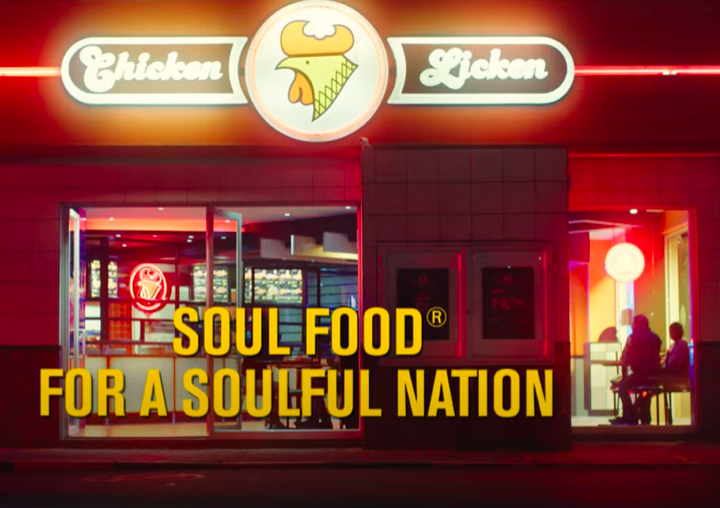As the Covid-19 lockdown continues, albeit on level 2, consumers are forced to navigate an evolving reality and the range of emotions that it creates.
Brands need to remain agile in their response to these new and constantly shifting needs, as well as the emotional bandwidth of consumers. When it comes to advertising, 82% of consumers expect brands to acknowledge the Covid-19 lockdown, with millennials voicing this most strongly, according to our latest omnibus survey conducted with a representative sample of 1000 South Africans.
Of course, should all brands respond to this call in a similar way, a trend highlighted by YouTube creator Sean Haney (April, 2020), there is a risk that your advertising will get lost in the noise, or worse, confused with government communications.
Thankfully, all is not lost and brands can cut through. According to the consumers we spoke to, adverts have stood out because they:
- Promote a product or service that is useful in the current context. In particular, consumers cited health and personal care brands doing this well, most notably Lifebuoy soap for its succinct claim of being 99.9% effective again the coronavirus.

- Play an active role in the pandemic, i.e. brands who have supported frontline workers, engaged with communities and focused on raising awareness. A good example is Old Mutual’s #OMHereForYou campaign, which conveys the gratitude of the brand’s employees towards frontline workers.
- Evoke an emotional reaction. In general, consumers want brand advertising to be sincere, but avoid evoking fear or scepticism. An inspiring or hopeful message will resonate much more. Within healthcare, banking and insurance (those industries that offer pandemic-specific products and services), advertising must be more serious to allay the health and financial concerns and anxieties of consumers. For insurance brands specifically, this sentiment has changed over the course of the pandemic, with consumers initially wanting to hear what relief efforts brands are providing, and later shifting to a need to know that those brands are doing the right thing and delivering on their pay-out promises. There is a clear need here for brands to remain agile and respond to changing consumer sentiment.
In personal care, home care, telecoms, food and drink, retail and hospitality, consumers want more excitement, fun and a reason to be cheerful. Chicken Licken’s #SoulfulNation advert is a great example of this, with our consumers applauding its relatability to South African culture (resilient, entrepreneurial), its acknowledgement of lockdown realities like social distancing, curfew and cigarette bans, and its humorous sincerity through stereotypes, memes and faux pas. The overall tone is feel-good, which is exactly what South Africans need from some brands right now.
Heather Tluczek is managing director of InSites Consulting South Africa.














